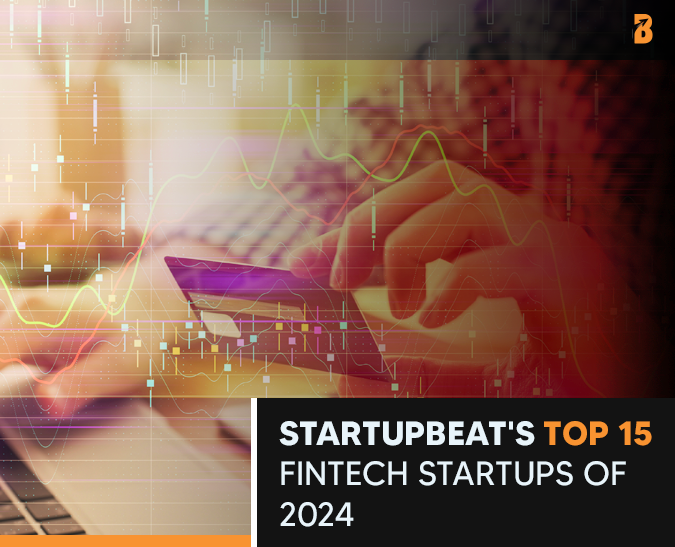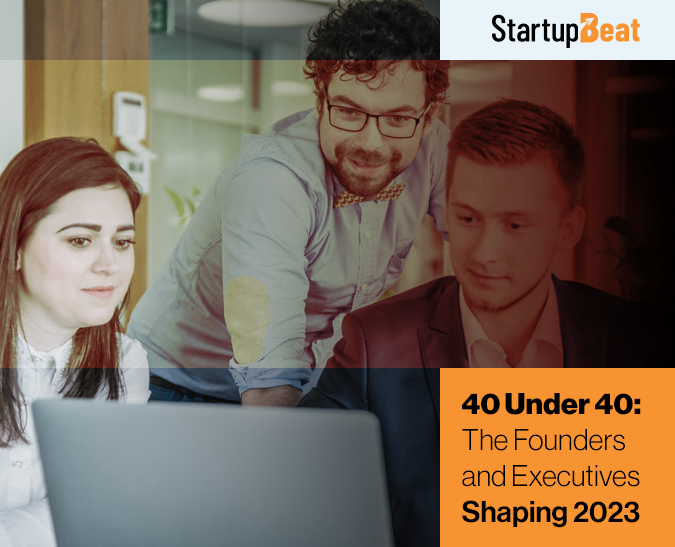From lack of special education services to rising rates of skin cancer melanoma, the odds can seem stacked against us in many areas of modern life. These startups refuse to give in to the statistics, with innovative solutions to some of today’s most challenging situations.
Problem: Absence of paid maternity leave in the US is linked to higher levels of depression
Solution: LUCY, the intelligent marketplace that predicts and provides personalized care to expectant parents
It’s hard to believe that the US is one of only two countries in the world where paid maternity leave isn’t mandatory, and this certainly leaves expectant mums in a vulnerable position. Although companies are required to give up to 12 weeks of unpaid leave, this does nothing to reduce the financial burden new parents experience, nor does it help them transition in and out of the workplace.
With everything from family and career coaching to lactation support and experts on-hand 24/7, LUCY hopes that its one-stop health marketplace will empower new families throughout their journeys, and help employers to retain valuable talent in the process.
Needing buy-in from a significant number of employers in order to scale, the team at LUCY are banking on enough companies being willing to redefine family benefits in order to make a real impact.
StartUp Beat news
How startups are taking the fight to job hunting, and winning
Zapier announces release of new app Digest to reduce distraction
L-SPARK launches SAAS North, Canada’s first SaaS conference
Problem: Only 2% of children with Autism Spectrum Disorder (ASD) in Turkey is enrolled in school
Solution: Otsimo, the free special education app for kids with ASD
State education support for children diagnosed with ASD is severely lacking – an issue that Otsimo founder Zafer Elcik had first hand experience of, growing up in Turkey with an autistic brother. Of the 250,000-plus kids estimated to be living with ASD, just over 3,000 are enrolled in the state school system, with the vast majority relying on charitable entities or private services for support.
Using his vast dev experience, Elcik decided to help his brother – and the thousands of others like him around the world – himself, and build a mobile learning solution that enables autistic children to catch up to their peers. Using AI automated learning, Otsimo raises literacy levels outside the classroom, enabling those diagnosed with ASD to enter or continue with mainstream school on a more level playing field.
Although covered heavily by Turkey’s media, Otsimo is yet to take the world by storm, but here’s hoping it does.
Problem: Rates of skin cancer melanoma have been growing steadily over the past 30 years. There’s now a 1 in 40 chance of white Americans developing the disease during their lifetime
Solution: Skin Vision, the skin cancer melanoma detection app
Although melanoma only accounts for about 1% of skin cancers, it’s responsible for the majority of skin cancer fatalities, and as with any serious disease, early detection can spell the difference between life and death.
Melanoma is more likely to be cured if it is found early and skin self-exams are the simplest way of catching the cancer at a treatable stage. Skin Vision’s app lets you check any mole for skin cancer risk, detect changes to your skin as soon as possible, and most importantly – take appropriate action.
The first CE certified melanoma app, Skin Vision is free to download, and includes a free 1-month trial with access to all features. However, past the initial 30-day period, you’ll have to opt for a monthly paid plan to continue using its analysis tools – starting at 4.99EUR per month, this subscription soon adds up over the course of a year.
Problem: The average US adult will now spend more of their life unmarried than married, and single person households are on the rise worldwide
Solution: Once, the personal dating app that sends users one handpicked match per day
Although the rise of the voluntarily single woman in Western societies can be seen as a positive revolution, loneliness and social isolation have been proven as just as much a threat to longevity as obesity – a sobering thought. But finding the perfect person to cohabit with is no easy feat – especially when fewer financial constraints and greater equality between the sexes mean ladies are less willing than ever to compromise on “the one.”
Once heralds a return to personal dating, rebelling against the trend in automated apps like Tinder by replacing sophisticated algorithms with human matchmakers. By providing one handpicked match per day – which users have 24 hours to act on – its hedging its bets that human intuition is just as important as being compatible on paper when it comes to new relationships.
But can an app really replicate the magic of meeting someone special by chance? And is one match per day any better than a none-stop selection to swipe through? Time to test the theory.








